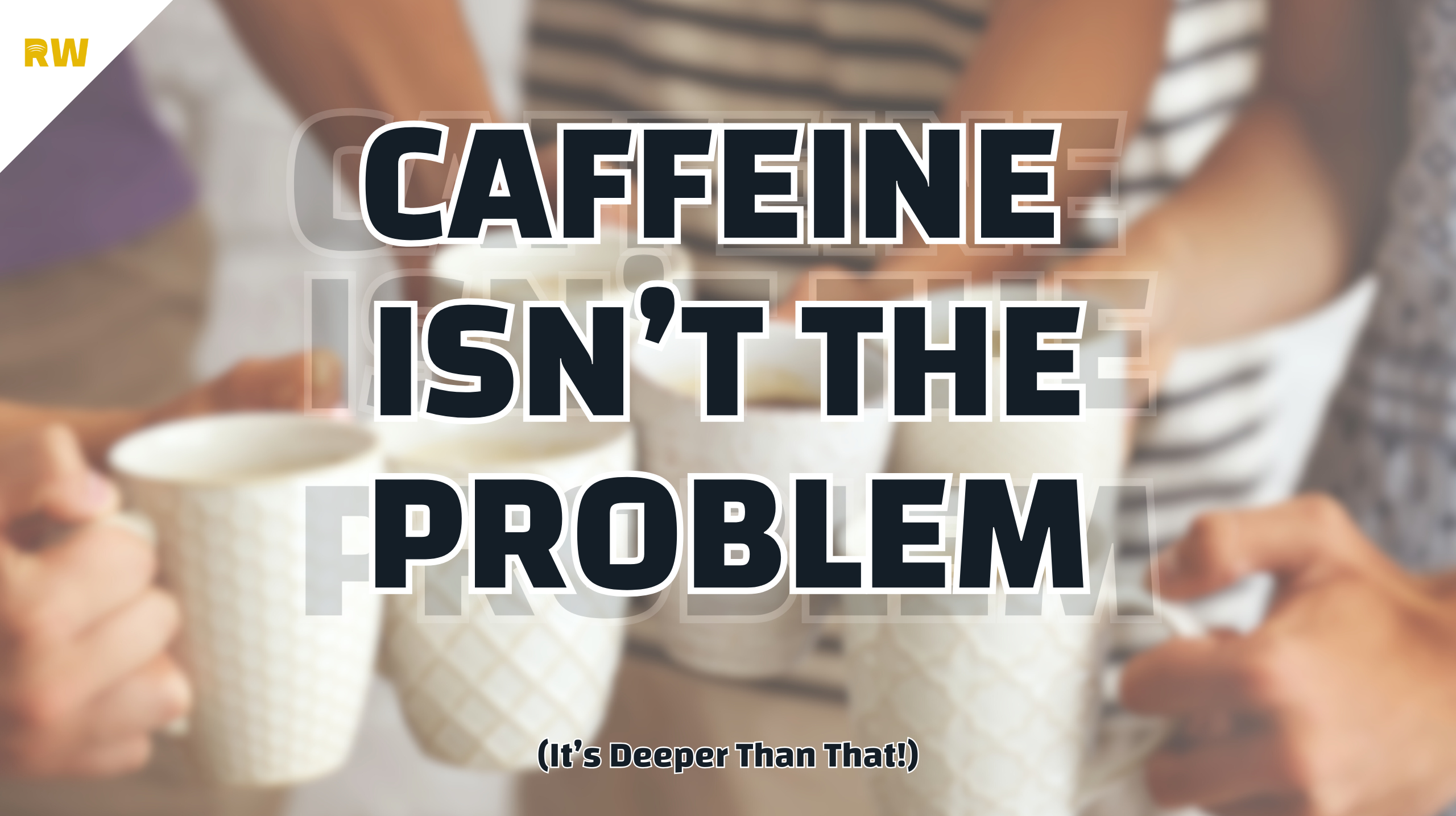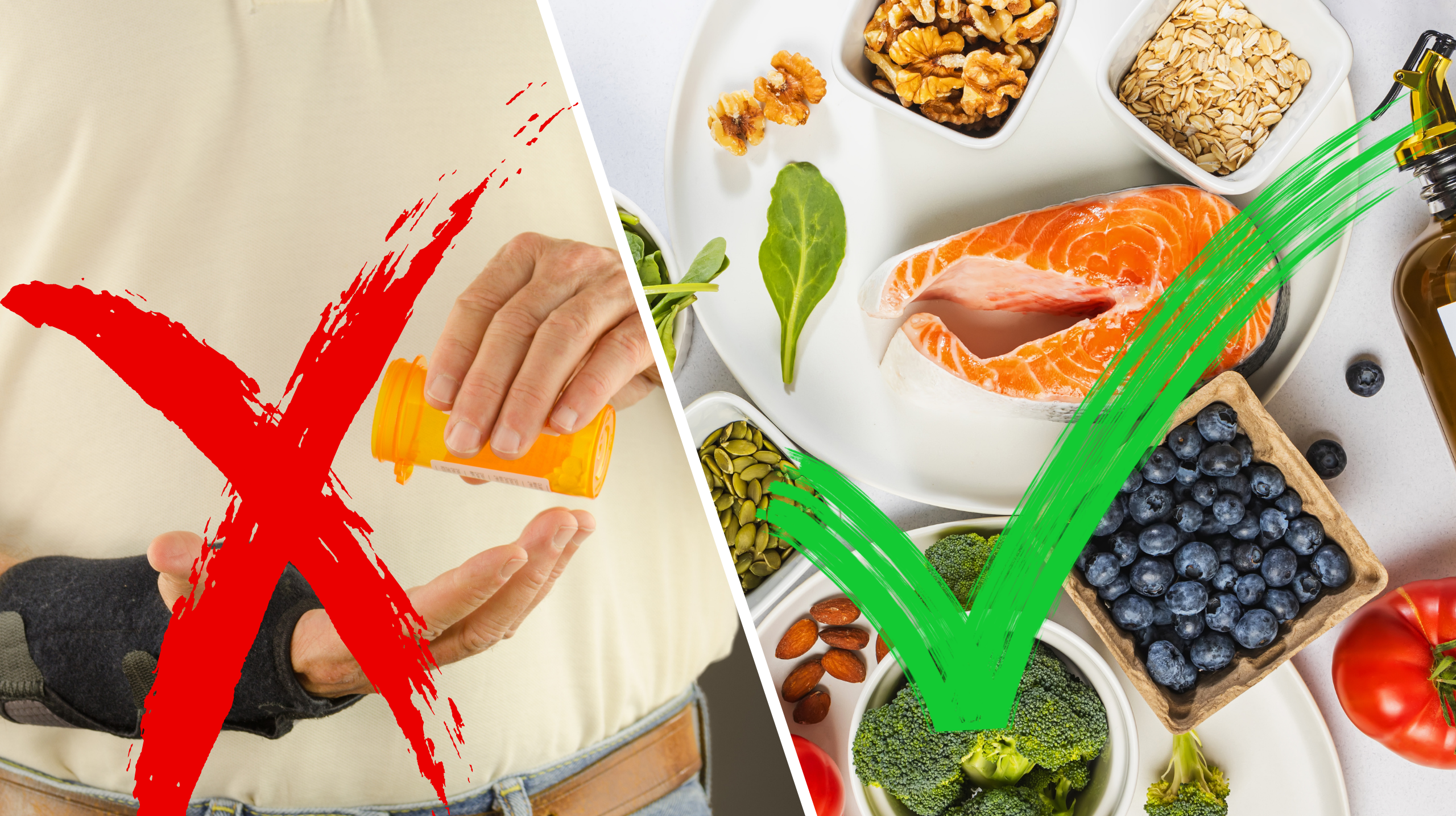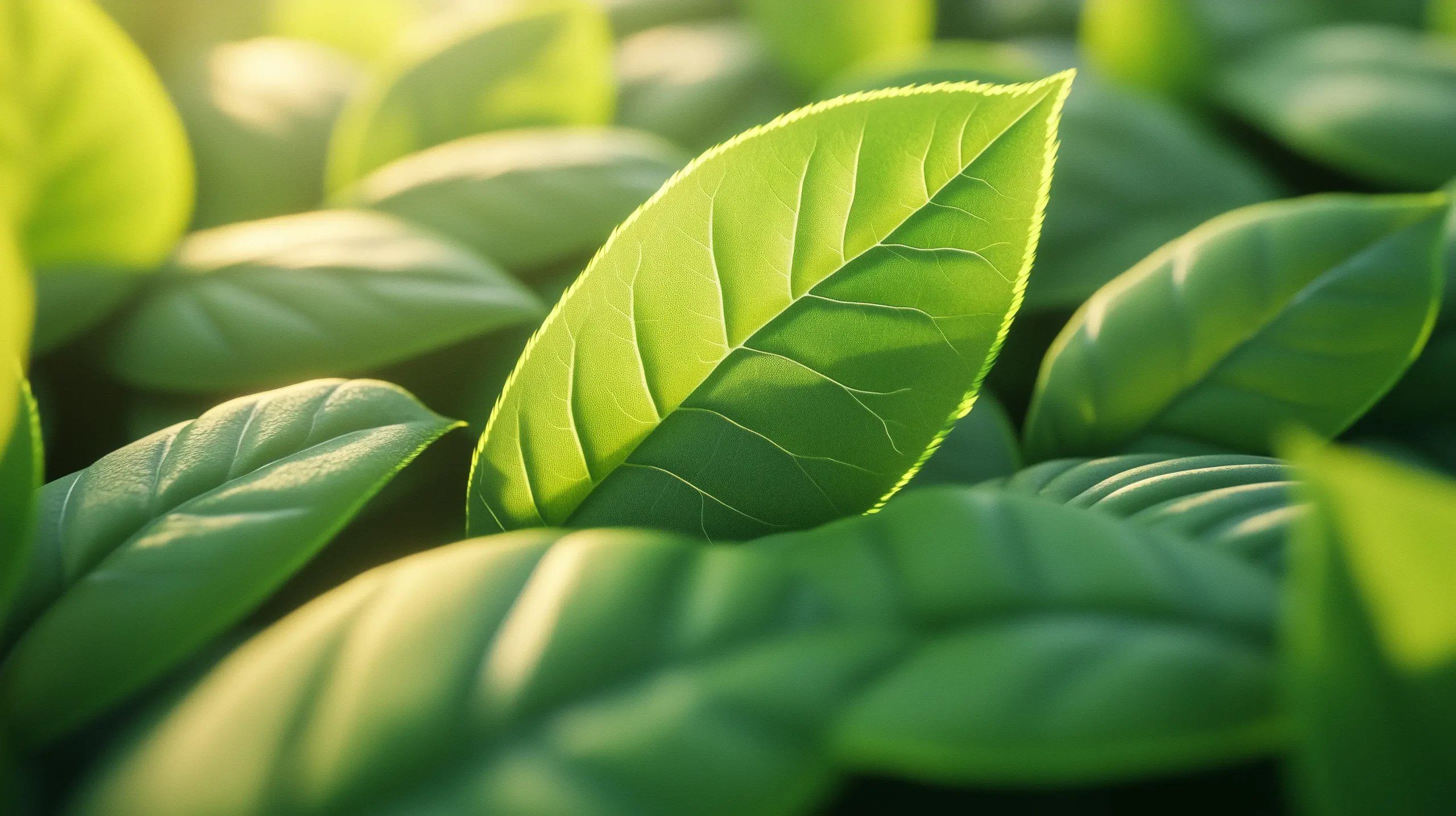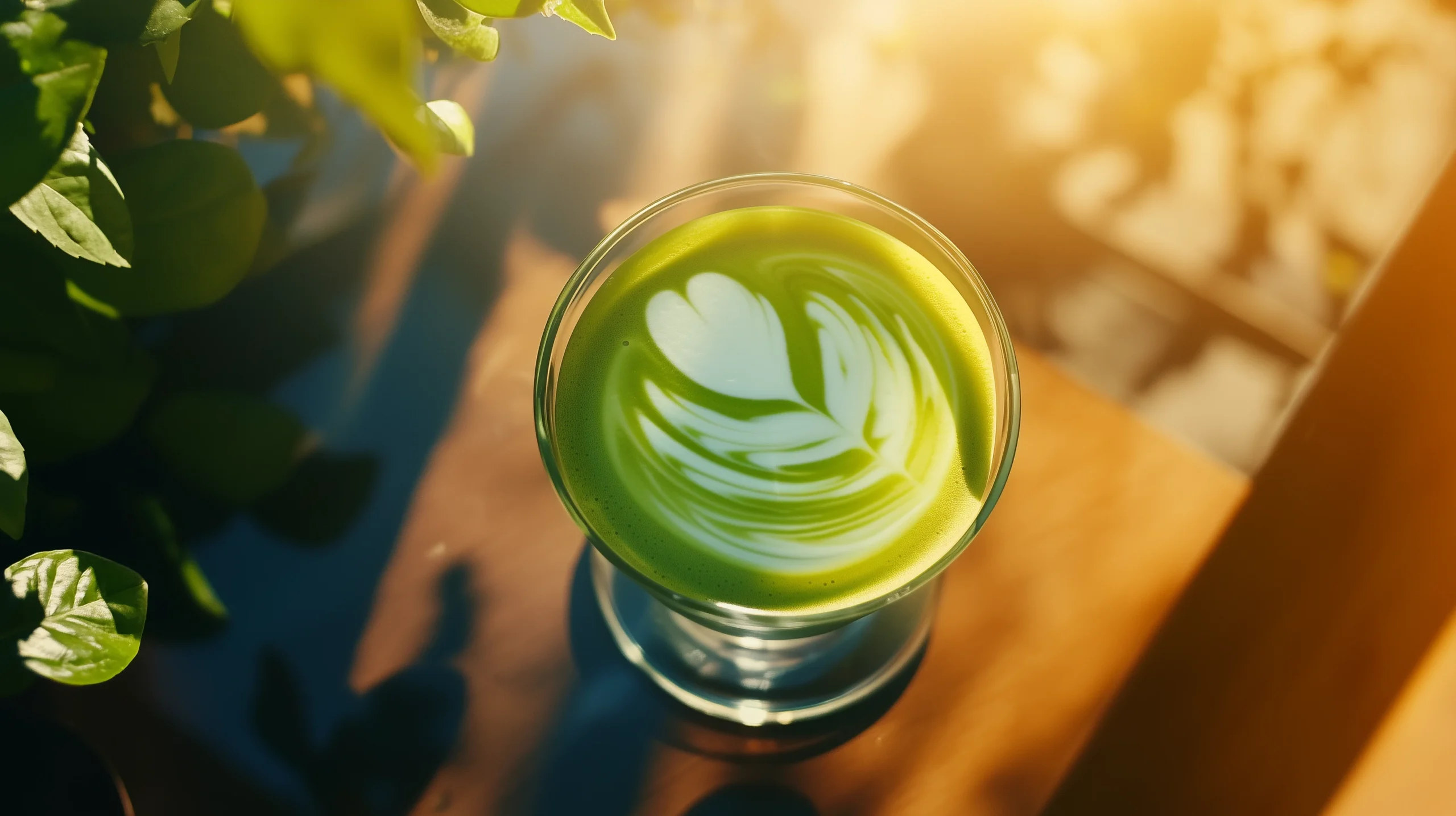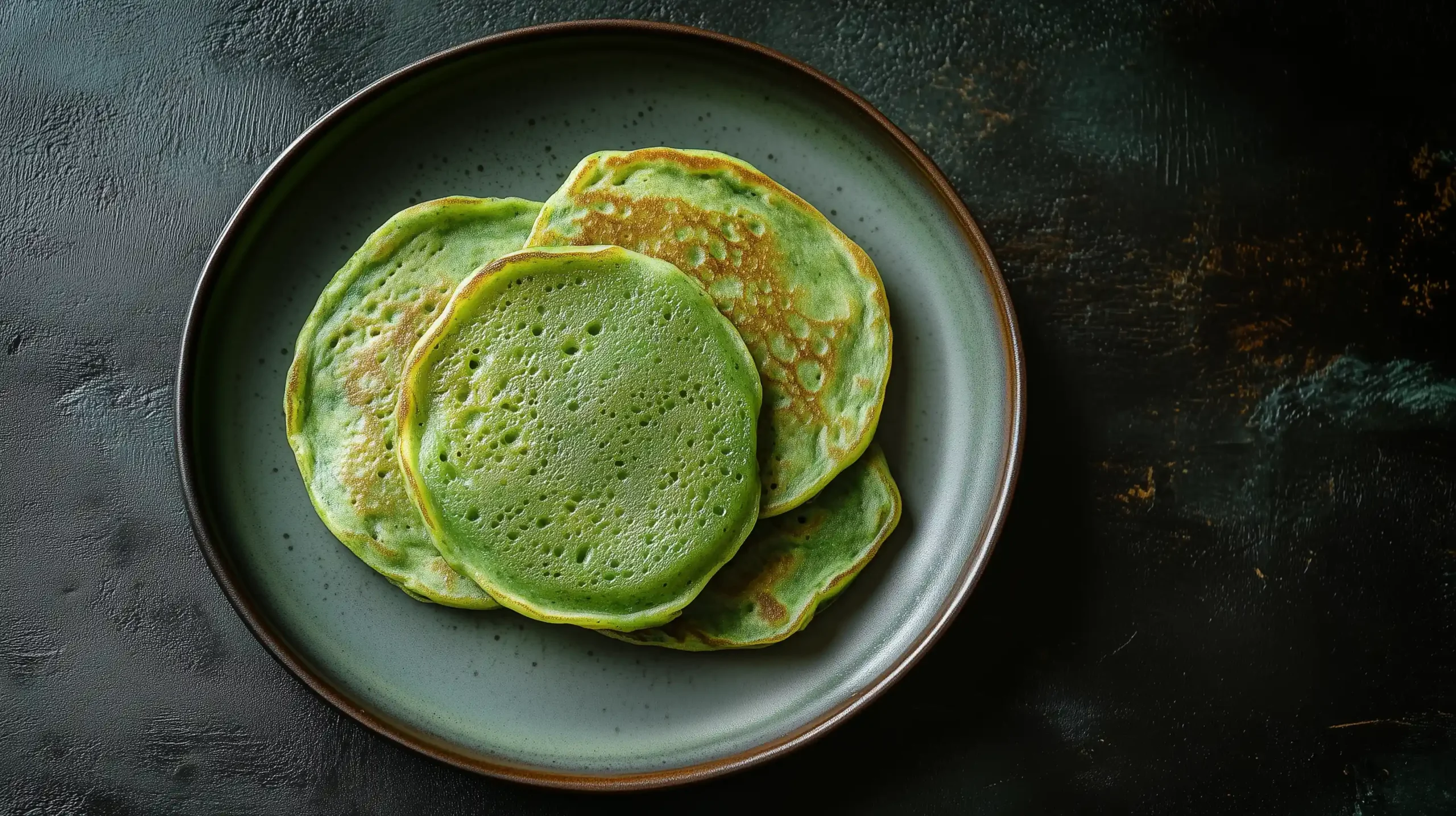Lets face it — Coffee creates a burst of energy, followed by a hard crash a few hours later for most people. You likely feel great right after you finish a coffee, with a nice jump start to your day. Sound familiar?
I’m sure you’ve heard some variation of the expression “Not yet, I haven’t had my coffee!” This points back to the caffeine consumption provided by the coffee that gives you the burst of energy and wakes you up. Nothing so far is new information to the average person. What may surprise you, however, is that coffee companies have been withholding information for you for decades. Would you believe that caffeine doesn’t have to cause a crash?
What is Caffeine?
Caffeine is a natural stimulant that affects the nervous system creating high levels of alertness. How caffeine works is like a wave with a big burst at the begging that slowly fades away as time goes on. When you ingest a high level of caffeine at once (varies depending on body composition), the body doesn’t process it well and sends out as lot of the benefit at once, causing you to feel awake and alert. Despite the fact that the feeling slowly fades away, there comes a point where the caffeine wears away and your body crave again for the feeling of caffeine.
The average person, either eats sugar for a quick burst, or grabs another cup of coffee. back to the wave example, you ride on top of the waves. After doing this for so long, your body becomes accustom to the roller coaster of energy and creates a dependency that only a burst of caffeine can fix. This is how coffee companies have been able to trick you for years. Caffeine, or should we say the feeling of caffeine, is highly addictive. The “up” that you feel as a result of the caffeine is what drives people to spend $5, $6 even now $8 for a single cup of coffee each day. You don’t have to go through life that way, and you don’t have to experience the waves.
Avoiding The Caffeine Crash
Caffeine alone is a very powerful substance, as we’ve explained. Coffee provides a very pure form of caffeine. When delivered to the body as is, the effects are pretty clear: a burst of energy, jitters, an internal argument about whether you need one more cup, and then the crash. There are naturally occurring substances that, when paired with caffeine create a moderation system for the substance. This system tells your body when to release the caffeine and how much.
Imagine a cup filled with caffeine and you can either 1) drink the entire cup all at once, getting a supercharged feeling (likely more than desired) or 2) take a sip every hour and feel good for longer with no hard plummet. The good news is that there are naturally occurring substances that act as these regulators, known as L-Theanine. L-Theanine creates what Dr. Andrew Weil has coined as “relaxed alertness.”
As caffeine enters the body in the same way as it does with coffee, through the mouth. Instead of immediately dumping into your bloodstream, it is sectioned out into small buckets that are released over time. One bucket after another at regulated intervals are released into your body and keep you feeling the benefits of the caffeine without the highs and lows.
What is L-Theanine?
L-Theanine is a very unique, naturally occurring amino acid found in green and black tea, as well as some mushrooms. On top of being a moderation aid, it also is said to help ease anxiety, stress, even insomnia. It has additionally been reported to lower blood pressure, cause loss of appetite (leading to weight loss), and like any substance a potential headache or nausea.
How To Properly Moderate Caffeine
According to the FDA, there is a daily recommended value for caffeine, of less than 400mg/ day. Exceeding that can cause heart problems, anxiety, rapid heartbeat, etc. The average person drinks about 3 cups of coffee each day, ranging from 240mg to 375mg of caffeine. With just 3 cups of coffee, which most people consume before noon, your entire daily intake is nearly met. Add the sugar and sweets that most people consume throughout the day and you’ve certainly passed the recommended safe levels.
Moderation-Based Solution
You can find L-Theanine capsules in your local supermarket. By taking L-theanine in unison with your coffee, energy drinks or other caffeine rich treats, you will be better set to process the caffeine and send it out as needed. L-theanine has been known to cause interactions with blood pressure medication and, when taken in high doses, can cause liver toxicity. Please consider speaking with a medical professional before making L-theanine part of your regular routine.
Our recommendation for your L-theanine supplement would be found here.
Product-Based Atlernative
Luckily, there is a plant-based powder that contains about 1/3 the amount of caffeine. It helps that it tastes better and regulates the caffeine through the use of L-Theanine too. That powder is known as matcha green tea (MGT). Matcha uses the same plants as Green tea, minus the stem. It is then ground up into the very fine powder we see. That powder is then used to create beverages, pastries, desserts, and more. While matcha is different, the craving you’ve experienced for coffee is a fabricated necessity. You can and will feel better and enjoy relaxation longer with Matcha.
To give matcha a shot, get yours today here.

